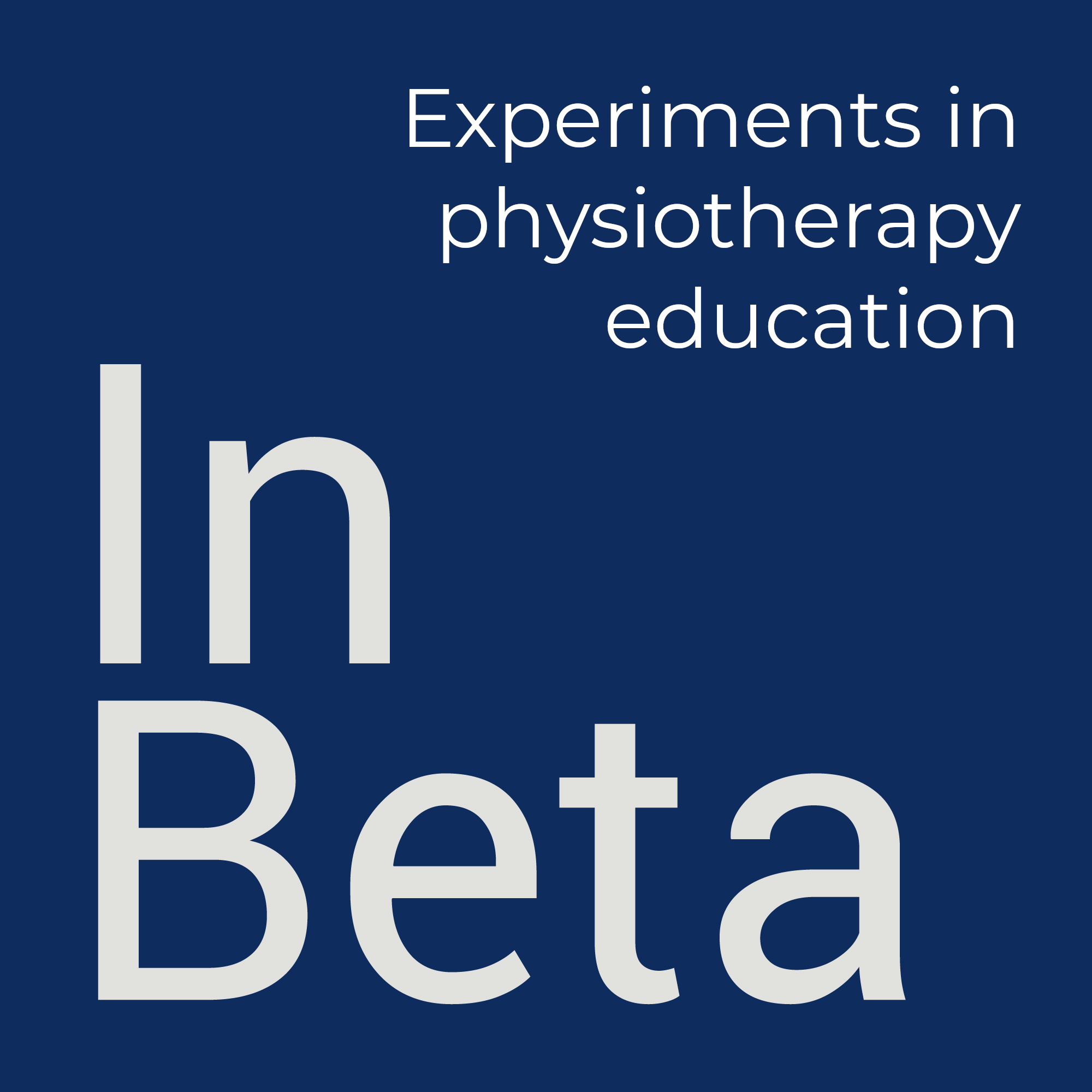Curriculum is constructed and negotiated in real time by the contributions of those engaged in the learning process.
Dave Cormier
Podcast
Harris, S. & Mullenweg, M. (2020). The new future of work. Making Sense podcast.
In this episode of the podcast, Sam Harris speaks with Matt Mullenweg about the evolution of distributed work. They discuss the benefits of working from home, the new norms of knowledge work, relevant tools and security concerns, the challenges for managers, the importance of written communication, the necessity of innovating in response to the Covid-19 pandemic, delivery networks as critical infrastructure, economic recovery, and other topics.
As we all find ourselves working remotely among distributed teams I thought that this discussion provided some useful insight into how we might run physiotherapy programmes differently in the future. For example, when we get back to campus, are we going to insist that everyone comes into the office on days when they’re not teaching? There’s a lot to think about in this conversation.
Article
Kirschner, P. A., Sweller, J., & Clark, R. E. (2006). Why Minimal Guidance During Instruction Does Not Work: An Analysis of the Failure of Constructivist, Discovery, Problem-Based, Experiential, and Inquiry-Based Teaching. Educational Psychologist, 41(2), 75–86.
Although unguided or minimally guided instructional approaches are very popular and intuitively appealing, the point is made that these approaches ignore both the structures that constitute human cognitive architecture and evidence from empirical studies over the past half-century that consistently indicate that minimally guided instruction is less effective and less efficient than instructional approaches that place a strong emphasis on guidance of the student learning process.
The past decade has seen the rise of problem-, case-, and project-based learning in medical and health professional education, as it seems to be more closely aligned with the requirements of clinical practice. This article provides an interesting counter-argument in which the authors make a case for the need to provide close guidance for students as part of the learning process. While we might present a counter-counter-argument and suggest that PBL and CBL approaches have changed since the publication of this paper, I think that it nonetheless provides an interesting foil for the current interest in PBL and CBL in health professions education.
Resource
Hybrid Pedagogy | Online learning
A collection of 27 articles tagged with “online learning” published by Hybrid Pedagogy.
From the journal’s About page:
Education happens everywhere — all the time — and people must be empowered to learn and teach throughout their lives. And because technology is incorporated in all aspects of our lives, people must also be empowered to conscientiously evaluate the role of technology in their learning and teaching. Hybrid Pedagogy exists to explore those connections: the contact points and interconnectedness of learning, teaching, and technology in our lives. Our work advocates for teachers, advocates for marginalized voices in education, but first and foremost advocates for students and learners.
A selection of articles from the journal include the following:
- The purpose of online discussion
- How to build an ethical online course
- How NOT to teach online: A story in two parts
- A bill of rights and principles for learning in the digital age
- …and 23 others
If you’re currently thinking about online learning (and why wouldn’t you be) this is a wonderful collection of articles that will get you thinking carefully about how to go about doing it sensitively and with care.
